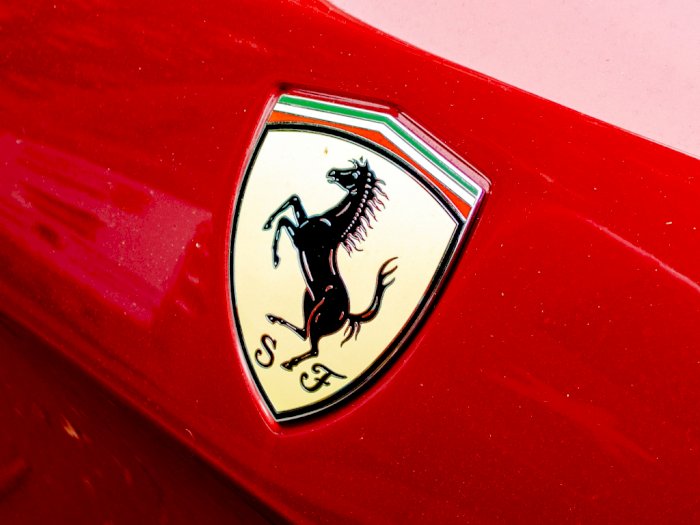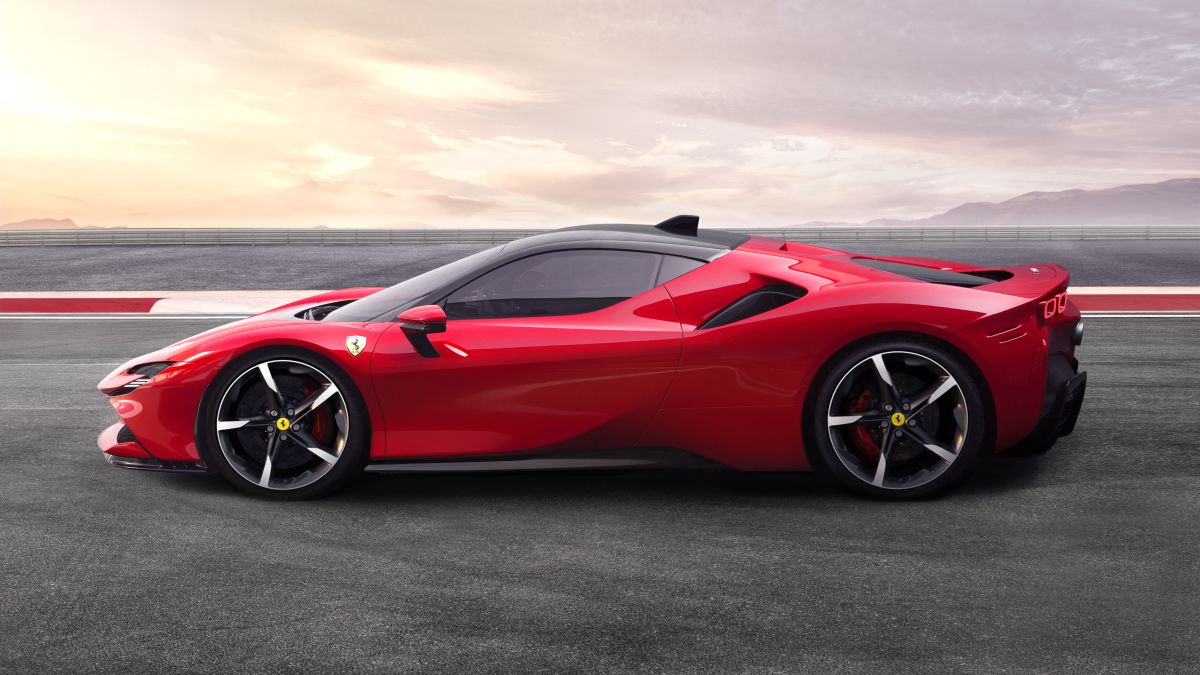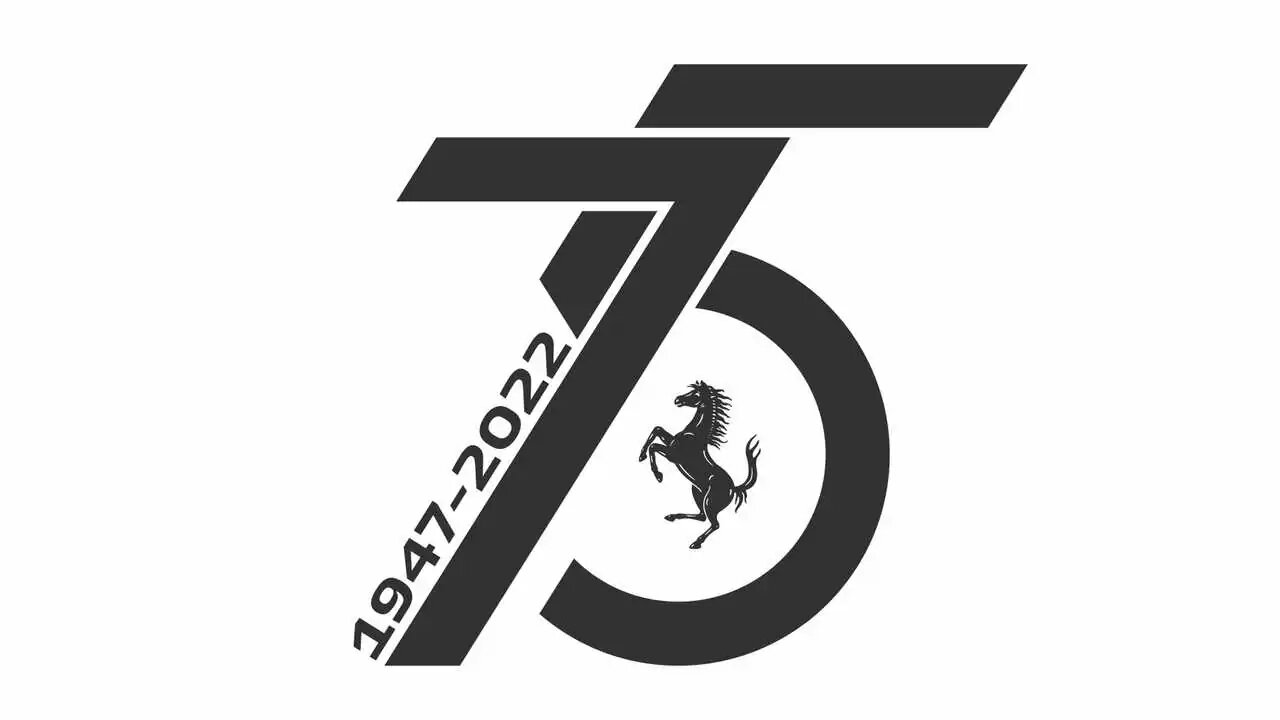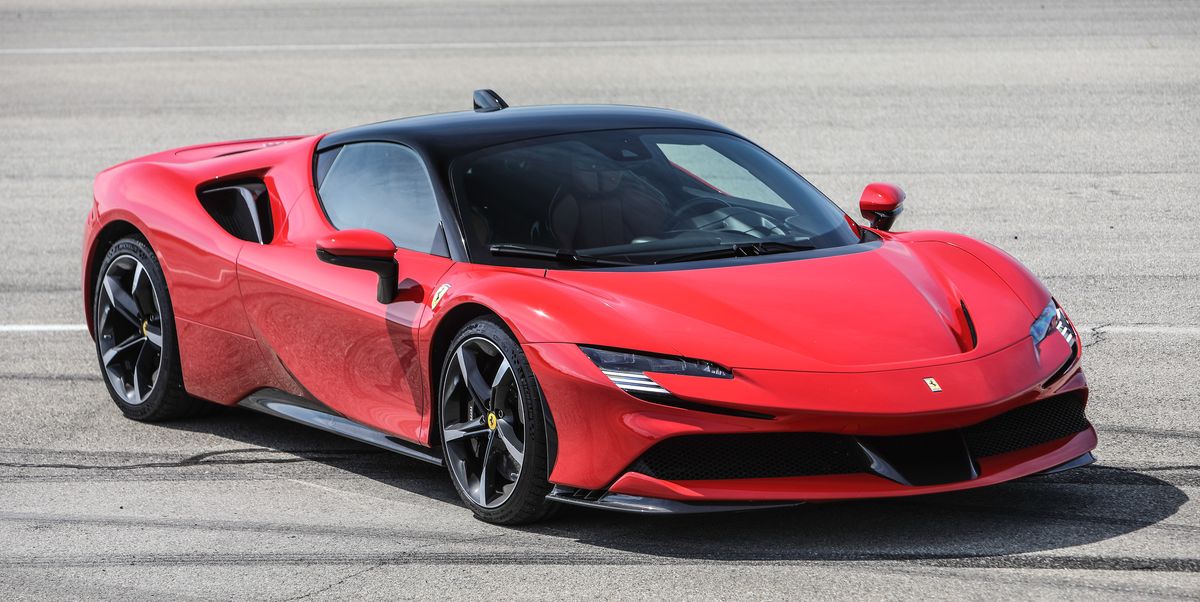Luxury sports carmaker Ferrari (RACE.MI) is leveraging its newly inaugurated production site in Maranello, northern Italy, not to ramp up output, but to enhance manufacturing flexibility and accelerate the development and launch of new models, CEO Benedetto Vigna revealed on Friday.
The state-of-the-art facility, dubbed the e-building, represents an investment of approximately 200 million euros ($214 million) and will also serve as the birthplace of Ferrari’s inaugural fully electric (EV) car, slated for launch by the end of next year.
See also: Ferrari’s First Electric Car to Cost Over $535,000 as Company Boosts Production
“This building will allow us to shorten time to market or product development time,” Vigna remarked at the plant’s opening, highlighting the facility’s role in streamlining these critical processes which currently overlap on existing assembly lines.
Vigna emphasized Ferrari’s strategic focus on value over volume. “So, more money per car basically. We want to grow the company but not because we increase volumes,” he explained, underscoring the importance of personalization as a key revenue driver.
See also: Ferrari to Focus on Battery Cell Expertise, Outsourcing Production for Electrified Vehicles
Personalization, the bespoke customization options that cater to individual customer preferences both inside and outside the vehicle, is a cornerstone of Ferrari’s strategy. “We want to have more tools, technology tools … more flexibility to accommodate the need of more personalization of our clients,” Vigna stated.
The new facility, spanning 42,500 square meters (457,466 sq. ft), complements Ferrari’s existing plant in Maranello, providing an additional car assembly line. This expansion increases the company’s theoretical output capacity to around 20,000 cars per year, up from less than 14,000 delivered in 2023.
In addition to producing EVs, the new plant will manufacture key components in-house, including axles, motors, and battery assembly, to support Ferrari’s commitment to a diverse range of engine types. Ferrari plans to offer a mix of hybrid, electric, and traditional combustion-engine models to cater to different clienteles.
See also: Ferrari CEO Vows to Preserve ‘Emotion’ in Electric Engine Roar
“The plant … reflects the principle of technological neutrality,” Ferrari stated, highlighting its ability to efficiently reorganize and reallocate production activities among its existing facilities in Maranello, ensuring swift adaptation to production needs.
Series production of Ferrari’s first EV is scheduled to commence in January 2026, following the rollout of the first cars from the new plant in January next year, Vigna confirmed.





